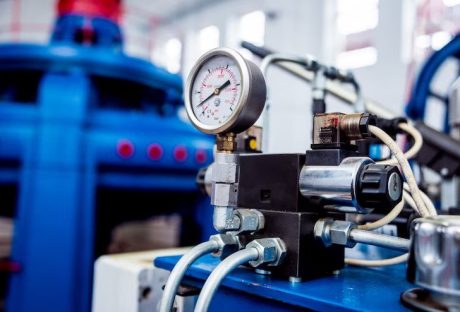If you’re the owner of a home business, you may often wonder if manning the phones while trying to grow your company is a good idea. Interestingly, using the phone can be one of the toughest issues involved with running a home business.
While some home business owners would prefer to try and do it all themselves, there are many benefits to hiring a virtual receptionist.
Being Your Own Receptionist is Tough
Family phone needs, environmental noise, and simply not hearing the phone make it a challenge when you work from home.
Being your own receptionist means you’re saddled with daily responsibilities and tasks that take up a great deal of time. This is why it’s important to delegate receptionist duties to a qualified person.
Here are the top four benefits of using virtual assistants for your home and business.
1. Enjoy Greater Savings :
The cost of a virtual receptionist is well worth the investment for home business owners. You don’t have to hire a person to sit in your home all day doing admin and answering the phone. What’s more, a virtual receptionist can manage a range of tasks, including:
- Calendar management
- Call handling
- Message taking
- Basic customer service
- Scheduling appointments
- Delivering messages whichever way you prefer
- Send voicemails to your email
- Record calls for quality assurance
- Accept and also track collect calls if necessary
2. Make Your Home Business Look Even More Professional :
The CEO of any company shouldn’t really be answering the phone. It’s not professional, and it shows that either you’re not particularly busy or that there might be a problem like your entire staff has quit, and you need to manage the phones yourself. It’s just a poor impression of your business.
When you work with a virtual receptionist for your home business, you can give your company a much more professional look by letting callers, customers, and prospects believe you have a properly trained in-house receptionist taking care of the calls. A virtual receptionist is always available to answer the phone to your specific requirements, which also means your company is sure to make an excellent first impression on callers.
3. Provide Quality Customer Service :
Virtual receptionists have expert customer service training. So, they have the necessary skills and experience to fulfill the role to the highest of standards. Each and every phone call to your home business will be handled in a professional manner to ensure your customers are always happy with your service.
4. Never Miss Out on a Call :
While running your home business is extremely satisfying, it can also be stressful. A virtual receptionist can offer the support needed to ensure you never miss a work-related call and that your business is available at all times.
Does Your Home Business Really Need a Virtual Receptionist?
Many home businesses certainly need the assistance of a virtual receptionist. The drawbacks and hardships of trying to be your own receptionist from home tend to outnumber the benefits of hiring a virtual receptionist.
Read Also :






















